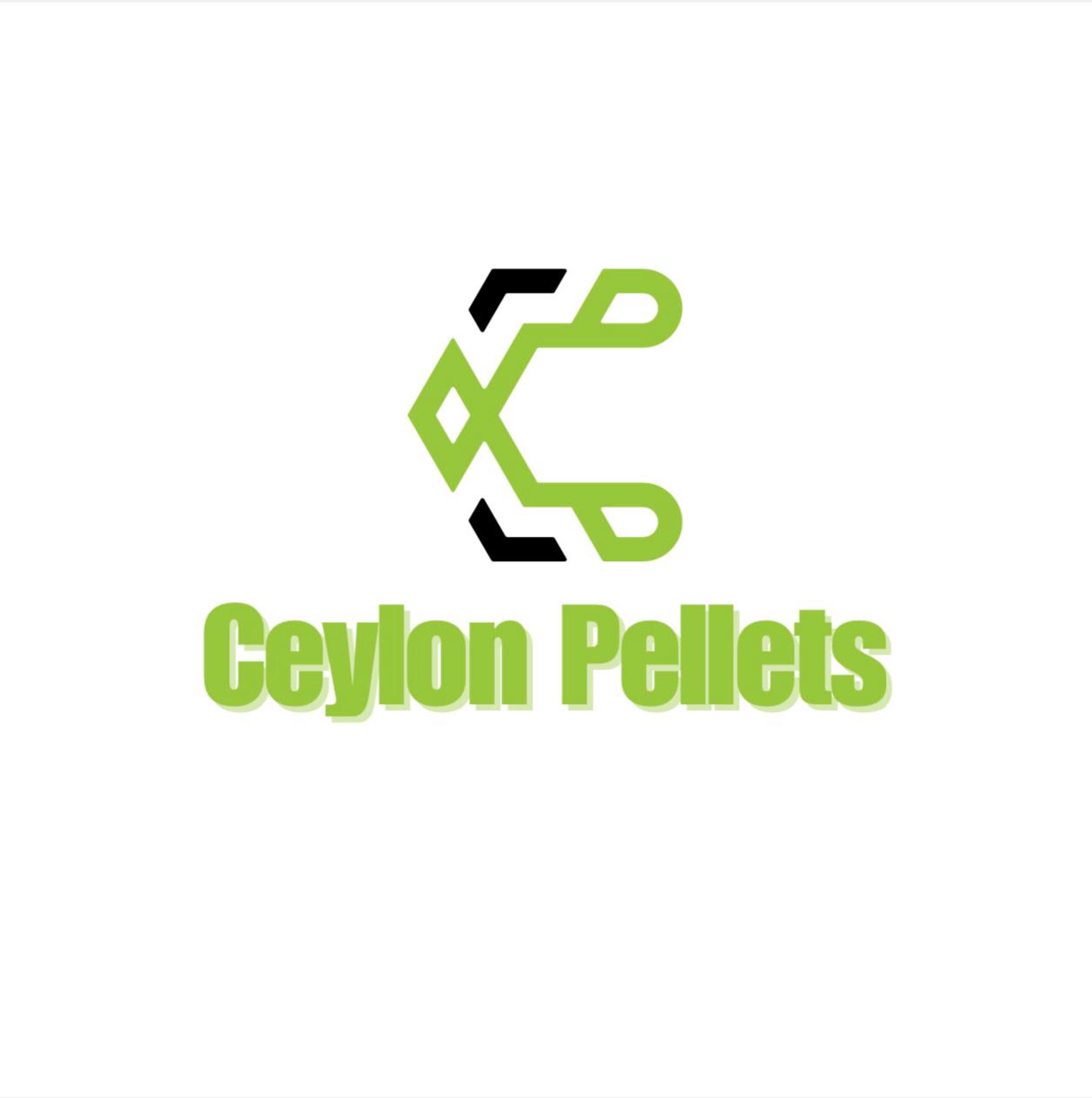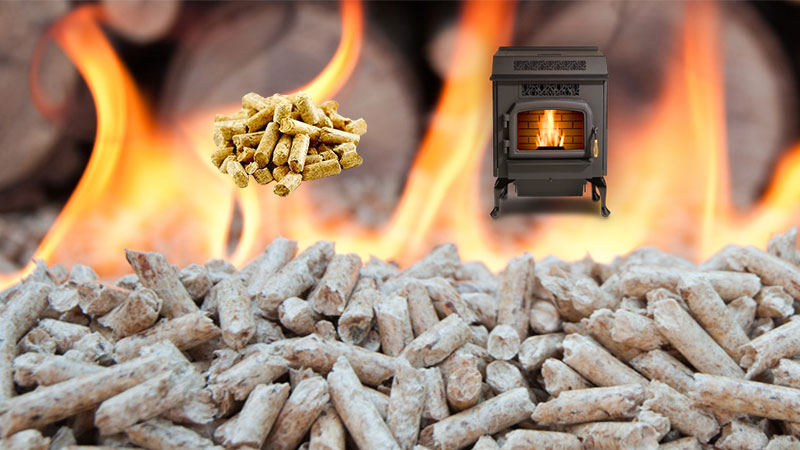Introduction: In the era of sustainable living, Ceylon Husk Rice Pellets emerge as an eco-friendly marvel, offering a myriad of benefits that extend far beyond waste management. Let’s delve into the numerous advantages of incorporating Ceylon Husk Rice Pellets into various facets of our lives and industries.
Renewable Energy Source: One of the primary benefits of Ceylon Husk Rice Pellets lies in their role as a renewable energy source. These pellets, derived from rice husk, boast high calorific value, making them an efficient and sustainable alternative to traditional fossil fuels. When utilized in biomass boilers, they generate clean energy, reducing our reliance on non-renewable resources and contributing to a greener energy landscape.
Waste Reduction and Environmental Conservation: By utilizing rice husk – an agricultural byproduct that was traditionally considered waste – to produce Ceylon Husk Rice Pellets, we embark on a journey of waste reduction and environmental conservation. This innovative approach prevents the burning or disposal of rice husk, minimizing air pollution and greenhouse gas emissions associated with traditional waste management methods. It represents a circular economy model where waste is transformed into a valuable resource.
Carbon Neutrality and Climate Mitigation: Ceylon Husk Rice Pellets play a pivotal role in carbon neutrality and climate mitigation efforts. When burned for energy production, the carbon dioxide released is roughly equivalent to the amount absorbed by the rice plant during its growth. This closed-loop cycle minimizes the net contribution of carbon dioxide to the atmosphere, making Ceylon Husk Rice Pellets an environmentally responsible choice.
Soil Enrichment and Agriculture: Beyond energy production, Ceylon Husk Rice Pellets offer significant benefits to agriculture. When incorporated into the soil, these pellets act as a natural soil conditioner, enhancing fertility and structure. They release essential nutrients gradually, providing a sustainable and long-lasting solution for soil enrichment. This, in turn, promotes healthier plant growth, increased crop yields, and sustainable farming practices.
Reduced Dependency on Fossil Fuels: The utilization of Ceylon Husk Rice Pellets contributes to reduced dependency on fossil fuels. By offering a clean and sustainable energy alternative, these pellets play a crucial role in diversifying the energy mix. This reduction in fossil fuel consumption not only helps mitigate environmental impact but also addresses concerns related to depleting fossil fuel reserves.
Empowering Local Economies: The production and utilization of Ceylon Husk Rice Pellets have the potential to empower local economies. As the demand for these pellets grows, it creates opportunities for employment in the agriculture and pellet manufacturing sectors. This economic boost can have positive ripple effects on local communities, fostering sustainable development.
Conclusion: Ceylon Husk Rice Pellets stand at the forefront of the sustainable revolution, embodying the principles of circular economy and eco-friendly living. From renewable energy generation to soil enrichment and waste reduction, the benefits of these pellets are far-reaching. As we navigate the challenges of a changing climate and depleting natural resources, Ceylon Husk Rice Pellets emerge as a beacon of hope, offering a tangible and impactful solution for a greener and more sustainable future.

